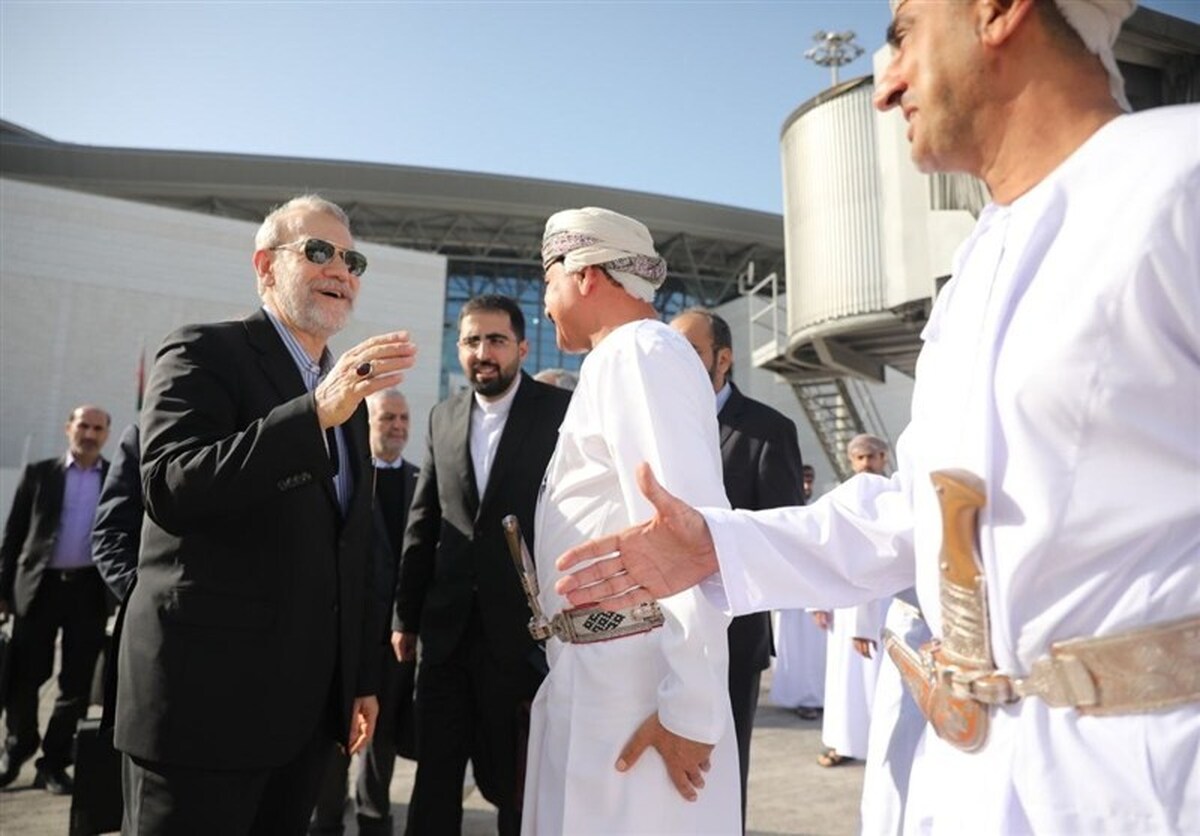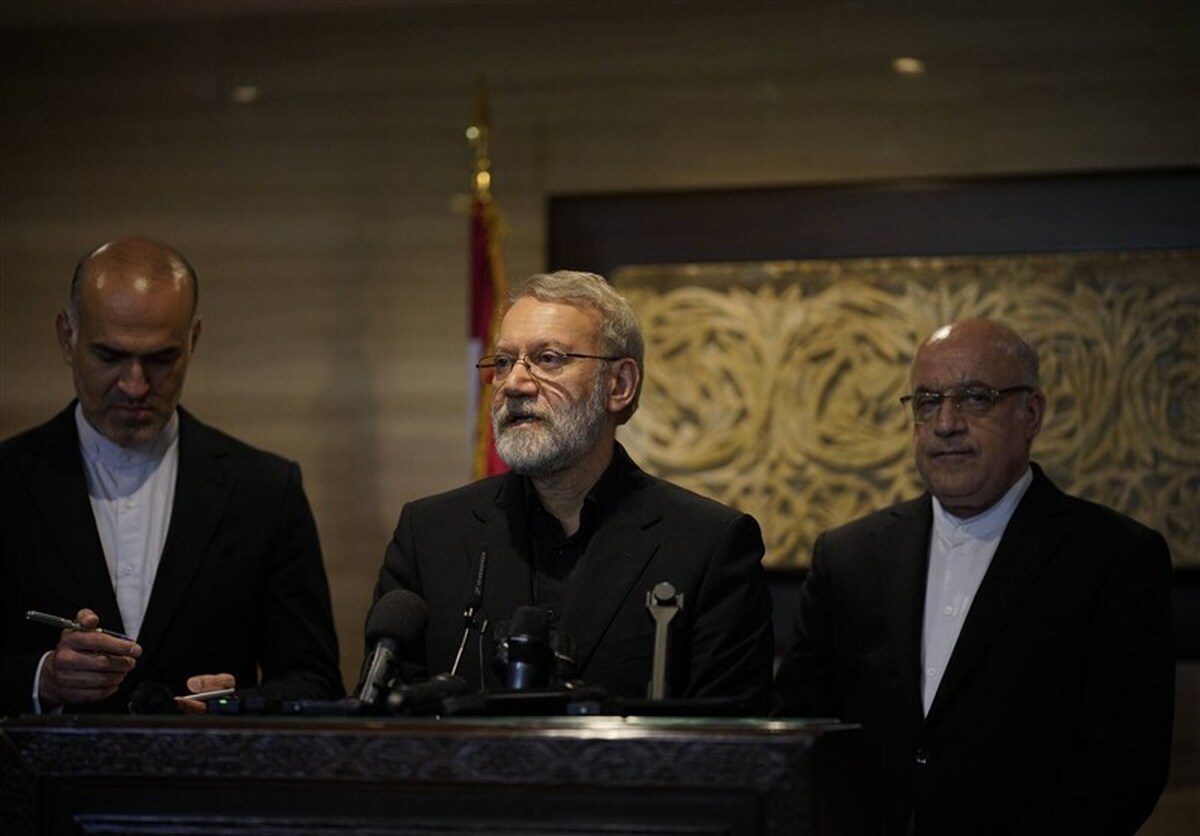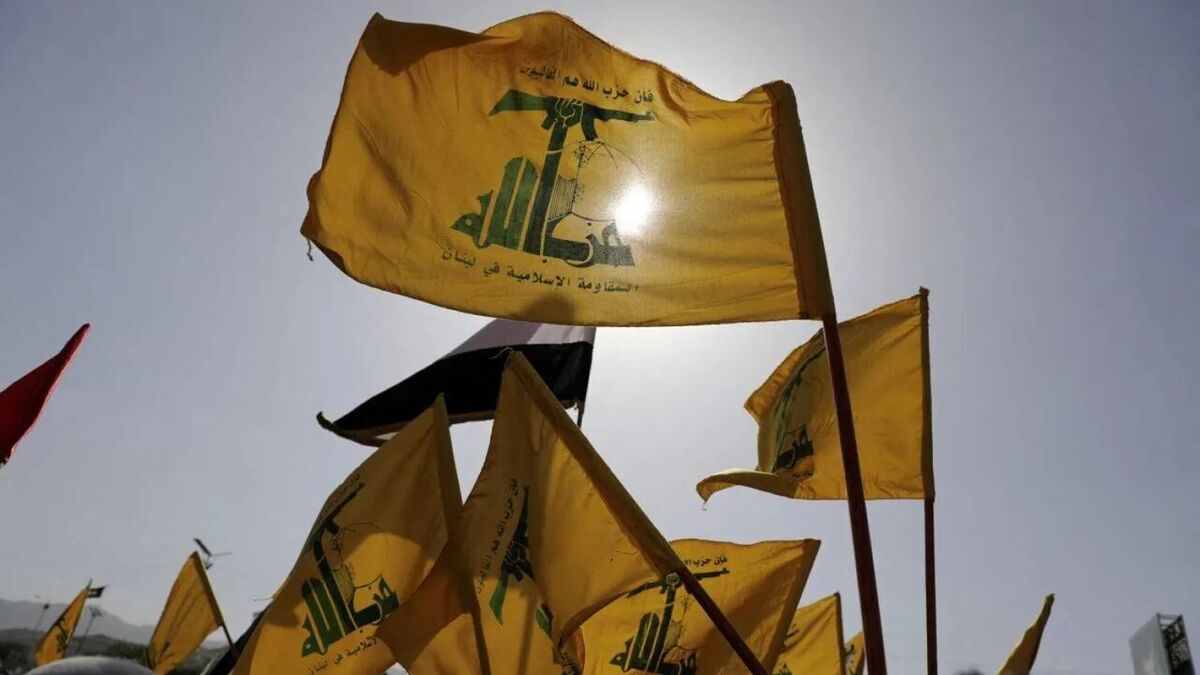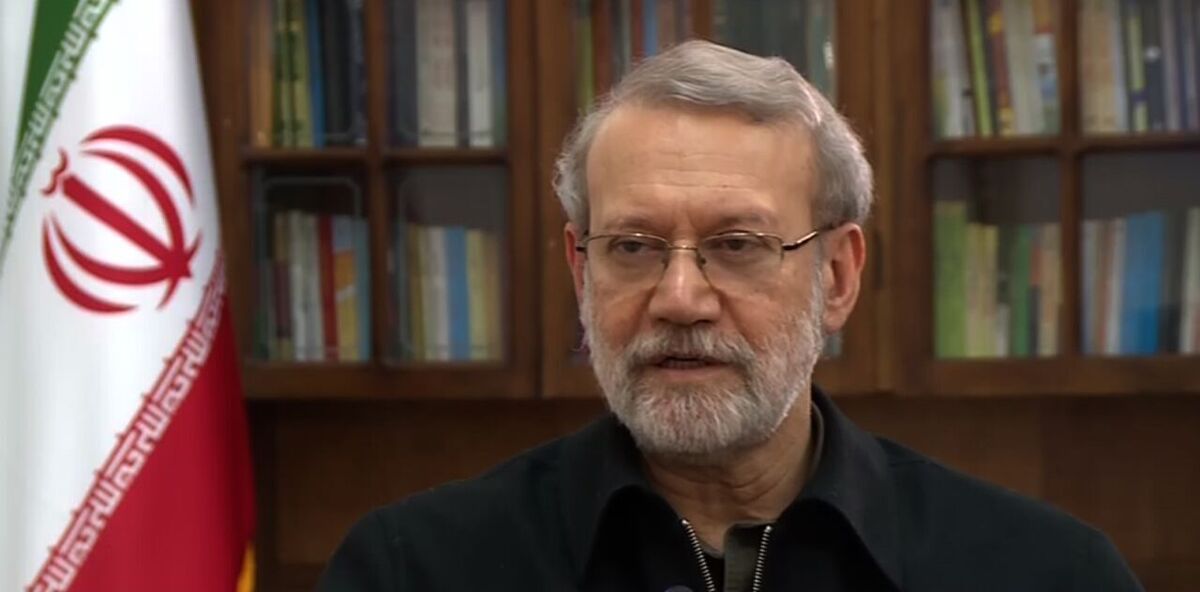
Iran looks at resistance groups as a friend not an instrument

Ali Larijani, Secretary of Iran’s Supreme National Security Council (SNSC) has stressed that his country does not look at the resistance group in Lebanon, the Hezbollah movement as an instrument rather as a friend.
Speaking in a press conference after a meeting with the Lebanese Parliament Speaker Nabih Berri in Beirut on Wednesday, the SNSC secretary said that "Iran owes its strength to its national solidarity; Iran's power has roots in its insightful people."
"The Iranian Revolution was one of the greatest democratic revolutions," he added.
"We do not look at our friends as an instrument; the resistance has a solid foundation and does not need guidance," said the newly appointed top Iranian security official.
"Foreign states should not dictate their policies to Lebanon. Our relations with Lebanon are very close, the Lebanese people have a brilliant record in resisting the Zionists. Any decision that the Lebanese government makes in concert with the resistance is respected by us," Larijani continued to underscore.
He stressed that Lebanon is an independent country and needs to make its decision on its own.
"We respect any decision the Lebanese government makes in consultation with the resistance," underscored the top Iranian security official.
"What matters to us is that the governments in the region are independent and strong," further asserted Larijani.
He asked the journalists present in the presser, saying "Who attacked your country, other than Israel? Be careful that Israel does not impose on you through other means what it could not achieve through war; watch out that you do not confuse friend with enemy vice versa."
"Your enemy is Israel, who attacked you, and your friend is the one who resisted Israel, so appreciate it," the SNSC secretary added.
"Resistance is the national wealth for Lebanon and other Islamic countries. If you take a look at the history of resistance, you will see that resistance has always arisen against the foreign intervention. In Lebanon, when Israel took Beirut, Hezbollah was formed; when Iraq was occupied by the United States, a resistance movement was created. In Yemen, resistance arose when it was bombed."
In response to a question about whether Iran would provide military assistance to Lebanon if Israel attacked it again, he said, "If the Lebanese government asks us for military assistance, we will provide it."
The SNSC secretary emphasized that Iran has no intention of interfering in the internal affairs of other countries, highlighting that, "The Lebanese government should talk to different tribes and reach a conclusion. Someone who interferes in Lebanese affairs gives you a plan and a timetable for action from thousands of kilometers away, we did not give you a plan, did we?."/mehr




